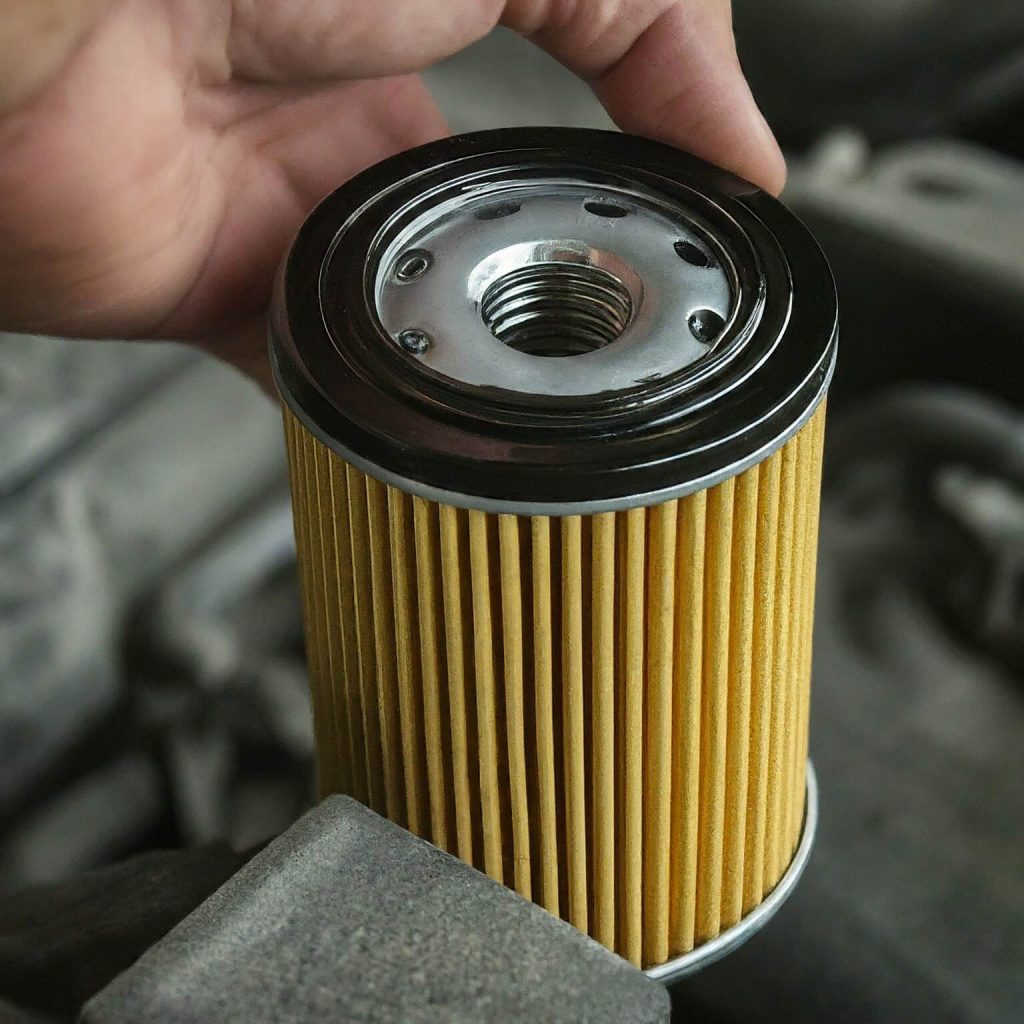Oil Filter Reuse: Don’t Be Penny Wise, Pound Foolish!

Engine oil is the lifeblood of your car, keeping everything lubricated and running smoothly. But even the best oil needs a partner – the oil filter. This unsung hero traps harmful contaminants and debris, ensuring clean oil circulates throughout the engine. But can you reuse an oil filter to save a few bucks? Let’s delve into the world of oil filters and separate fact from fiction.
The Case Against Reuse: Disposable by Design
Most oil filters are disposable for a reason. They’re constructed with specialized filter media designed to capture contaminants during a single oil change interval. Reusing them is like trying to wear the same coffee filter for a whole pot – it might seem economical at first, but the results will be disastrous. Here’s why:
- Clogged Capacity: A used oil filter is already saturated with captured contaminants. Reusing it reduces its capacity to trap new ones, potentially leading to harmful particles circulating in your engine. This can cause premature wear and tear, leading to expensive repairs down the road.
- Gasket Woes: Oil filters rely on a rubber gasket to create a tight seal against the engine block. Removing and reinstalling the filter can damage this gasket, leading to oil leaks. Leaks not only create a mess but also starve your engine of vital lubrication.
- Structural Strain: Oil filters are designed for single use. The pressure and heat experienced during a typical oil change interval can weaken the filter’s structure. Reusing it further increases the risk of a filter collapsing or rupturing, potentially causing significant engine damage.
The Bottom Line: Fresh is Best
Tempting as it may be to squeeze a few extra dollars out of an oil change, the risks associated with reusing an oil filter far outweigh the minimal savings. A fresh, high-quality oil filter ensures optimal engine protection and extends the life of your car. Think of it as an investment in your vehicle’s health and longevity.
Beyond Disposable: Exploring Reusable Options
While most oil filters are disposable, there are a few exceptions:
- High-Performance Filters: Some high-performance filters boast washable and reusable media. However, these filters are typically more expensive and require specific cleaning procedures. Carefully research and follow manufacturer instructions before attempting reuse.
The Final Shift: Wise Oil Filter Choices
Oil filters are a crucial component of your car’s maintenance routine. Don’t risk engine damage by trying to reuse a disposable filter. Invest in a high-quality, fresh oil filter for each oil change. Your engine (and your finances in the long term) will be grateful!
The Road to Responsible Oil Changes: Additional Tips
Here are some additional tips to ensure responsible oil changes and optimal engine protection:
- Stick to the Schedule: Don’t be tempted to stretch out your oil change intervals. Consult your car’s owner’s manual for the recommended oil change frequency and oil type based on your driving conditions. Severe conditions like frequent stop-and-go traffic or towing might necessitate more frequent changes.
- Choose the Right Oil Filter: Not all oil filters are created equal. Opt for a reputable brand that meets or exceeds the manufacturer’s specifications for your car. Look for features like a bypass valve to prevent oil starvation in case the filter becomes clogged, and a strong anti-drainback valve to ensure oil stays in the filter upon engine shutdown.
- DIY or Professional Change? Changing your oil filter yourself can be a cost-effective way to learn about your car. However, if you’re not comfortable doing it yourself, take your car to a qualified mechanic. They’ll have the expertise and tools to ensure a proper oil change and disposal of the used filter according to environmental regulations.
Investing in Sustainability: Responsible Disposal
Used oil filters contain contaminants and shouldn’t be thrown away with regular trash. Many auto parts stores and repair shops offer oil filter recycling programs. Take advantage of these services to dispose of your used filter responsibly and contribute to a greener environment.
The Final Lap: Keeping Your Engine Happy
By understanding the importance of fresh oil filters, choosing the right type, and following proper disposal practices, you’re contributing to a happy and healthy engine. Remember, a well-maintained engine translates to better fuel efficiency, improved performance, and ultimately, a longer life for your car. So, make oil filter changes a regular part of your car care routine, and enjoy the smooth ride ahead!
Leave a Reply